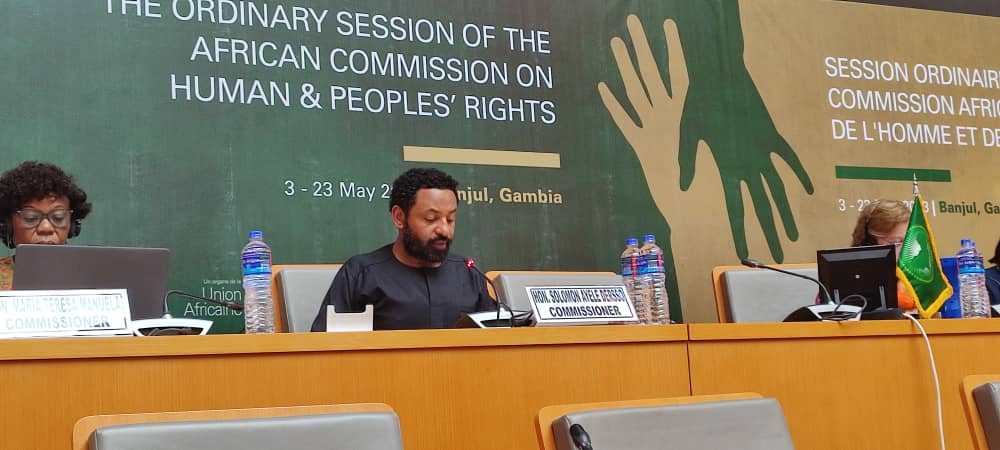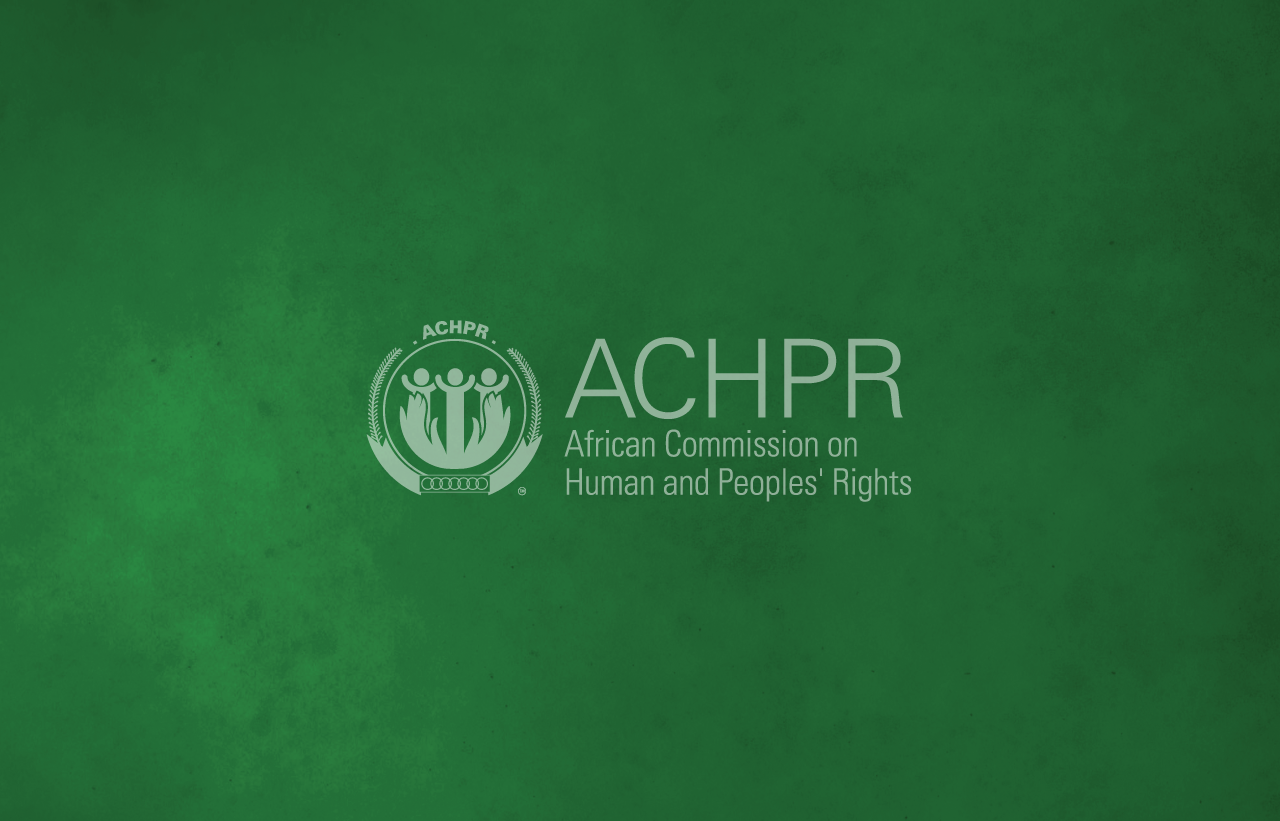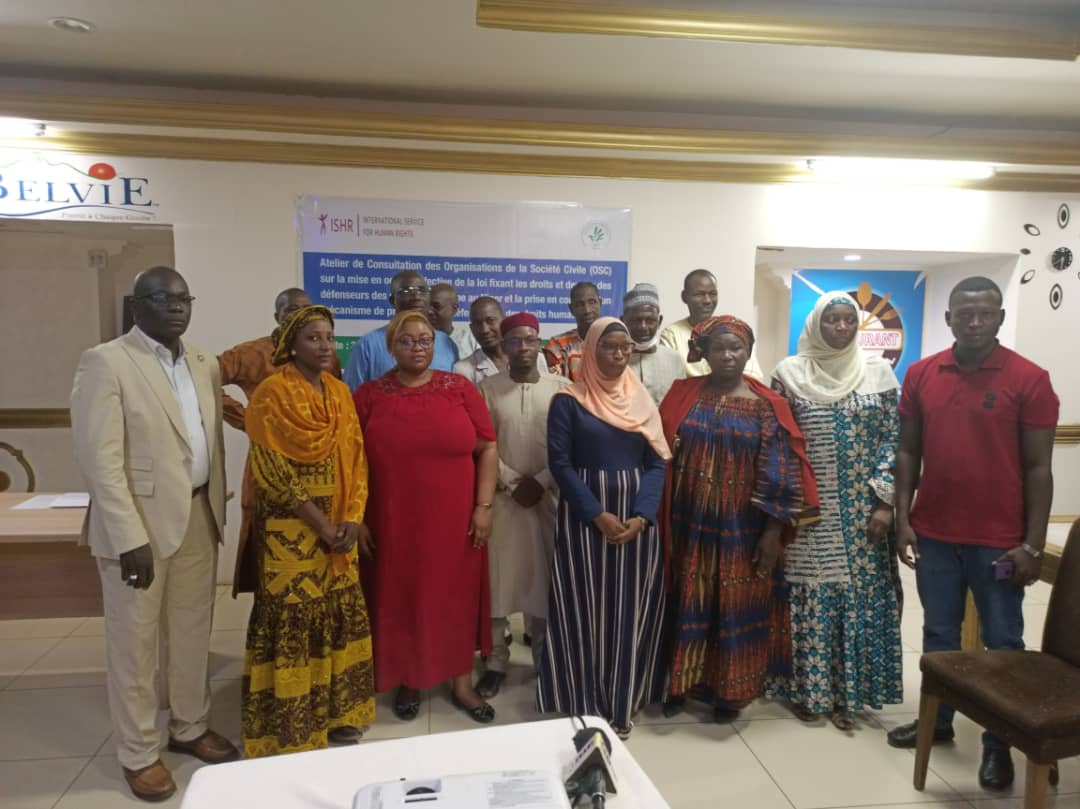ISHR’s statement focused on the current situation of the village of Similimi in Côte d’Ivoire, which is affected by the operations of Bondoukou Manganese SA (BMSA), an Indian manganese extracting company. The operations of BMSA have had a catastrophic impact on the human rights of the communities living in Similimi. Therefore, 14 village inhabitants filed a complaint to the Economic Community of West African States Court of Justice (ECOWAS), a regional court, to denounce the responsibility of the Ivorian State. The statement also highlighted that environmental defender Kobenan Kra Michel, who works with the “Comité de Développement Local Minier”, had not received any compensation for his work.
In addition, the increase in violence, harassment, and attacks experienced by environmental and land defenders was mentioned. Examples of South African environmental defenders’ assassinations were highlighted, including those of Fikile Ntshangase and three Abahlali baseMjondolo movement (AbM) members.
ISHR joins the call of the African civil society to urge the African Commission to draft, in consultation with defenders, and adopt a regional legal instrument to protect the environment, human rights and defenders protecting those rights.
The Chairperson of the Working Group on Extractive Industries (WGEI), Commissioner Solomon Ayele Dersso, replied to ISHR’s statement by stating that granting licenses for extractive industries’ operations, land grabs, destruction of livelihoods, attacks against and protection of environmental human rights defenders all require increased attention and focus by the Working Group on Extractive Industries and the Special Rapporteur on Human Rights Defenders and Focal Point on Reprisals in Africa.




